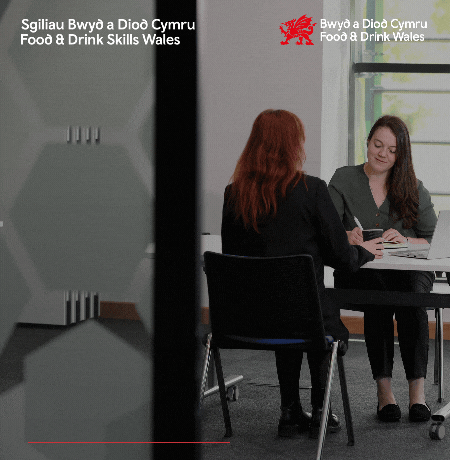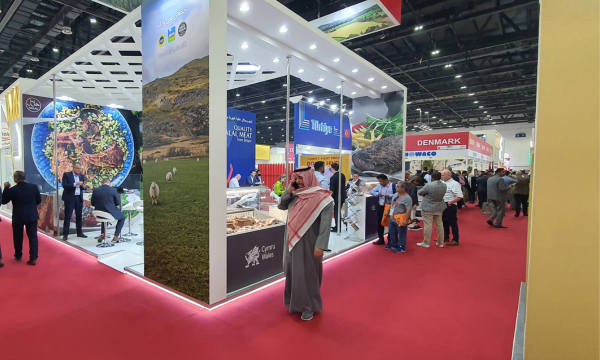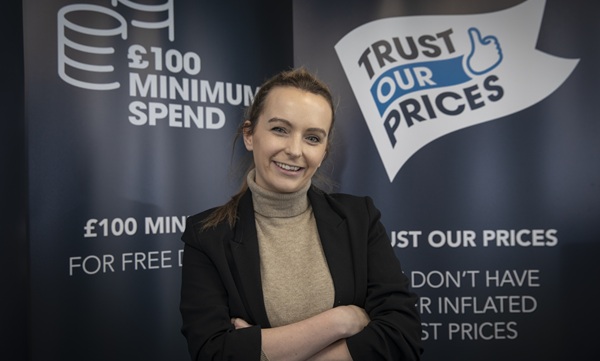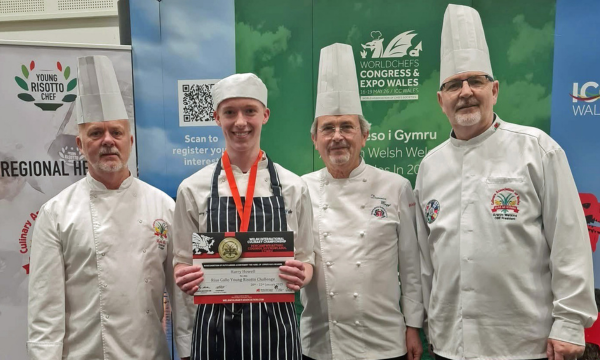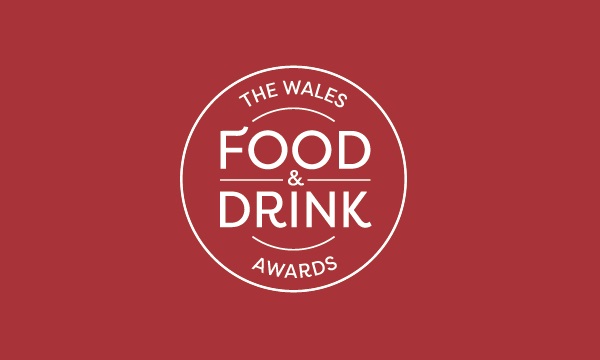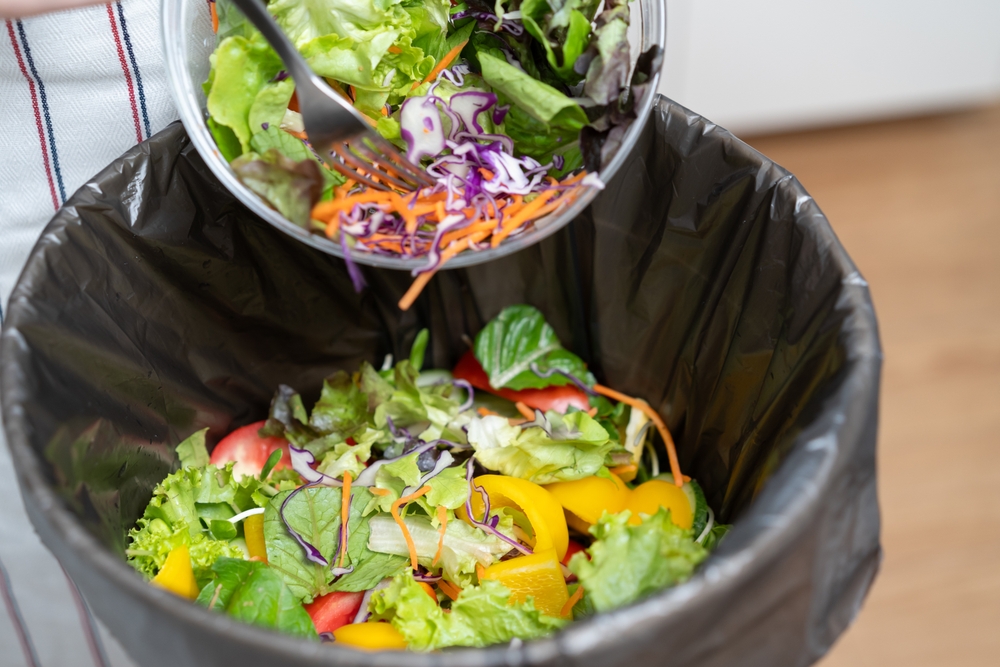
Each year, around 400,000 tonnes of food is wasted in Wales, much of it still edible. With mounting pressure on businesses to address sustainability challenges, food and drink producers across the country are increasingly looking at ways to reduce waste and ensure surplus food is put to good use.
One of the key organisations working in this area is Fareshare Cymru, a food redistribution charity that takes surplus food from food manufacturers, wholesalers, and farmers and distributes it to charities across South Wales. Hannah Thomas, Communications Lead at Fareshare Cymru, explained that surplus food can arise for various reasons, including packaging or labelling errors, discontinued product lines, or over-ordering.
Speaking on the Business News Wales Food and Drink podcast, she said:
“The food industry is facing mounting financial pressures, and donating food does come at a cost. There are barriers, especially for smaller businesses, with packaging and labour costs making it difficult for them to donate surplus food. The Surplus with Purpose fund has been a lifeline in helping remove those barriers, making it easier for businesses to contribute food that would otherwise go to waste.”
In 2024 alone, the organisation received 268 tonnes of food through this initiative.
Demand for food redistribution continues to rise, with charities reporting increasing need for support across Wales.
“We work with 165 charities, all of which provide holistic support around food,” Thomas said.
“Some run lunch clubs to tackle loneliness, others provide accommodation and legal or educational advice. The need is only growing year on year.”
For manufacturers, food waste can come from multiple sources, including production processes, packaging issues, or product changeovers. At Peter’s Food Service, food waste is processed through anaerobic digestion (AD), which turns organic waste into energy.
“We send both packaged and unpackaged food waste to AD plants where it is depackaged, converted into energy gas for the grid, and the byproduct is used as soil fertiliser,” explained Paul Bancroft, Site Hygiene Manager at Peter’s Food Service.
“We’ve been doing this for over a decade, and it’s surprising how many AD plants are available to support businesses like ours.”
BIC Innovation has been working with food and drink businesses across Wales to explore waste reduction strategies. Rhys Llywelyn, Senior Associate at BIC Innovation, noted that AD plants are a valuable solution, particularly for businesses with high energy demands.
“Being able to generate energy from waste is beneficial,” he said.
“But we also need to look at what is classed as waste. In the red meat industry, for example, products such as skins and hides are often difficult to dispose of, yet they hold potential value if used in other ways.”
Waste reduction is not only about sustainability but also about business resilience. Neil Burchell, a mentor with the Food & Drink Wales Trade Development Programme delivered by Mentera on behalf of the Welsh Government, highlighted the financial impact.
“Every 1% of waste a company has affects profitability,” he said.
“Eliminating waste through better training, process improvements, and efficient management of raw materials can make a significant difference. Even small technical adjustments, such as more accurate weighing equipment, can help cut waste.”
While food redistribution and waste-to-energy initiatives play an important role, there is also a push to develop longer-term strategies to support businesses in reducing waste at source.
“We encourage businesses to see productivity and waste reduction as interconnected, finding ways to eliminate waste benefits businesses and improves efficiency across the sector,” said Burchell.
Fareshare Cymru is urging food businesses to consider donation where possible.
“We encourage businesses to think that where there is surplus food, there is someone who needs it,” said Thomas.
“In Wales, one in five adults lives in poverty, and one in three children faces food insecurity. Meanwhile, 75% of food waste is still good to eat. We are always looking to work with businesses of all sizes to help redirect surplus food to those who need it most.”



